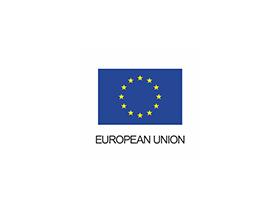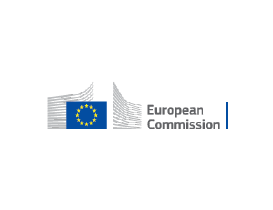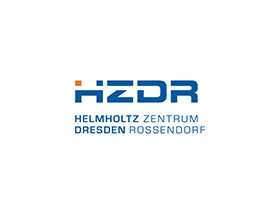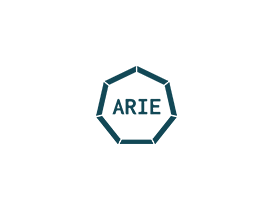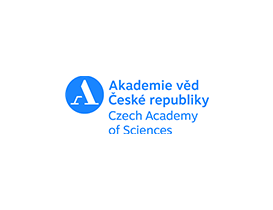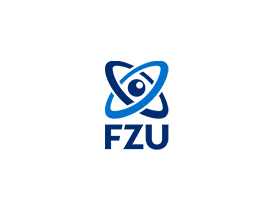The European Union’s Circular Economy Action Plan is based on the assumption that up to 80 percent of a product’s environmental impact is determined during the design phase. In order to foster a comprehensive approach to sustainable production and products, the European research infrastructure project ReMade@ARI is about to be launched: it commits to leverage the development of innovative, sustainable materials for key components in the most diverse sectors, such as electronics, batteries, vehicles, construction, packaging, plastics, textiles and food on an unprecedented level. In order to meet the challenge of designing new materials that are both competitively functional and highly recyclable, the potential of more than 50 analytical research infrastructures of the European ARIE network will be harnessed. ReMade@ARI will start on September 1, 2022, under the leadership of the Helmholtz-Zentrum Dresden-Rossendorf (HZDR).
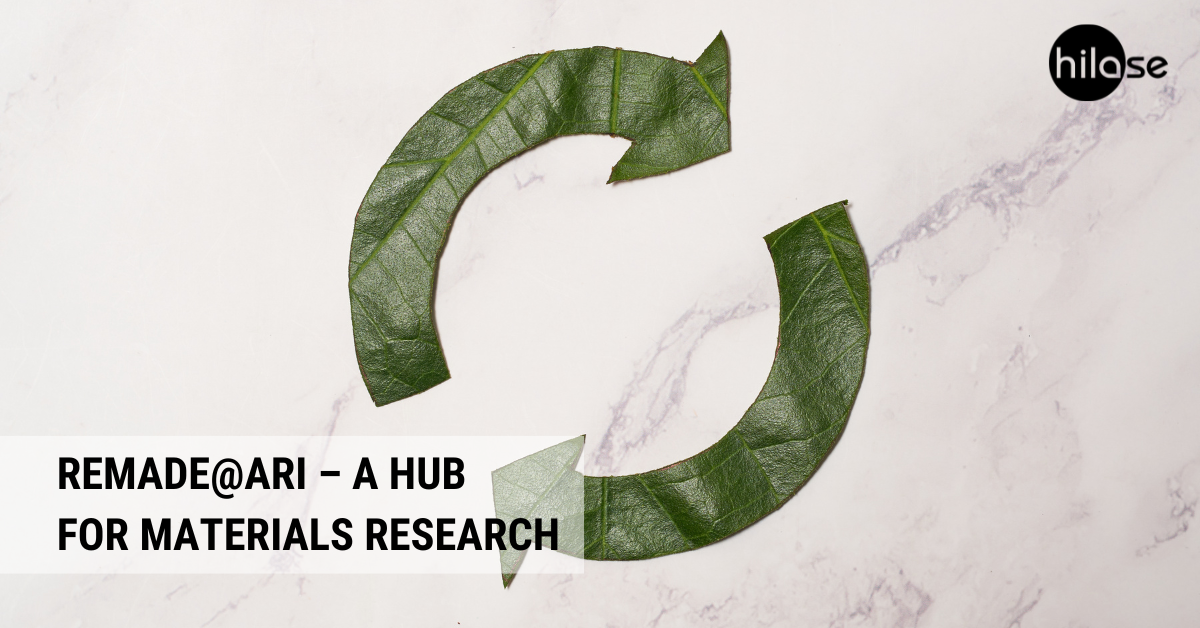
An illustrative example: In the supermarket, fruits and vegetables are often packaged in plastics to extend their shelf life. In future, bio-based materials derived from wood could provide a sustainable alternative. This is where ReMade@ARI comes into play: research leading to the development of sophisticated new materials crucially relies on access to the world-class European research infrastructures, which joined forces in ReMade@ARI.
The ReMade@ARI platform will be the central hub for all sectors and research areas in which new materials for a circular economy will be developed. “We provide scientists who are working on the design of new recyclable materials with analytical tools that enable them to explore the properties and the structure of their material in smallest details up to atomic resolution. This requires the exploitation of the most diverse analytical methods, involving appropriate combinations of photons, electrons, neutrons, ions, positrons and the highest magnetic fields,” says Dr. Stefan Facsko, the project’s scientific coordinator. “Any scientist in academic or industrial research working on new recyclable materials should get in touch with us.”
A particular focus will be on scientists in research fields in which up to now, the potential of research infrastructures has not yet been exploited. “We will offer them an all-round service, closely collaborating with them to identify the relevant properties to be analyzed in order to develop the optimum material for a particular purpose. Based on that, the most suitable research infrastructures to measure these properties will be identified from among the pool of Europe’s unique facilities,” says Dr. Stefan Facsko.
We are delighted to be part of this pan-European consortium of analytical research infrastructures to pioneer a support hub for materials research facilitating a step change to the Circular Economy.
HiLASE Centre will provide trans-national open access to our laser infrastructure focused on development of new materials for circular industries, and provide training program for researchers and developers from industry in this emerging field.
– Tomas Mocek, Head of the HiLASE Centre.
ReMade@ARI will have a significant impact on the advancement of the circular economy. Overall, 40 partners of the ARIE network are involved in the project. HZDR alone is contributing three large-scale user facilities: the Ion Beam Center (IBC), the Dresden High Magnetic Field Laboratory (HLD) and the positron source at the positron beamline of the ELBE Center for High-Power Radiation Sources (pELBE).
The project is being funded by the EU with a budget of 13.8 million euros. The project coordinator is HZDR. More projetcs at the HiLASE Centre.


